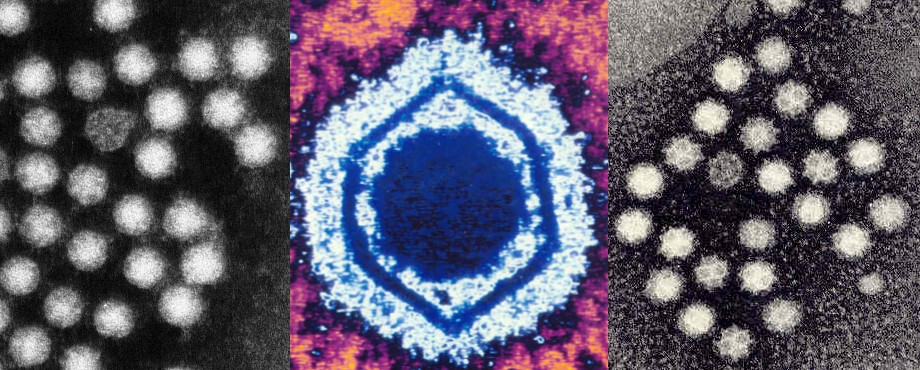
2nd-generation hepatitis A virus vaccine and new delivery system
Advantages
- Fast-growing strain – Induces a 50-fold increase of antigen production in shorter times
- High immunogenic activity in in vivo studies (= as the commercial strain).
- No need of additional adjuvants
- Vero-cell-adapted
Goal
The group is looking for a license agreement. Other type of collaborations with industrial partners maybe considered.
Patent
Priority date: July 2023
Reference
UBTT0469
Contact
Rosa Vázquez
Email: rvazquez@fbg.ub.edu
2nd-generation hepatitis A virus vaccine and new delivery system
Executive summary
A research group, with wide experience on molecular virology of enteric viruses has generated a fast-growing & more affordable inactivated Hepatitis A (HepA) virus strain with a novel antigen presentation system. This system speeds up the whole process and reduces the complexity of antigen purification and eliminates the need of additional adjuvants.
Introduction
HepA is endemic in several low-income countries, with and estimated prevalence of 1.5 M cases annually. In high-income countries, large outbreaks occur. During the last years, there has been a sustained hepatitis A vaccine shortage. This was due to a high demand of vaccine and to the difficulties of antigen production associated to the low replication rate of the HAV strains used in vaccine manufacture. Additionally, the hepatitis A vaccine is among the most expensive due to these production problems. This technology can help to speed up the whole production chain and to achieve a more affordable vaccine.
Description
The generation of a more affordable hepatitis A virus (HAV) vaccine requires the combination of a fast-growing virus strain and a more efficient recovery of viruses from infected cells. The research group has selected a fast-growing strain and has developed new methods to improve HAV recovery, specifically in the supernatant of cell cultures. Altogether, it allows reaching very high antigen yields in a short period of time and with easier purification procedures. The inactivated fast-growing HAV strain induces similar levels of neutralizing antibodies without the need of additional adjuvants in Balb/c mice, and results in comparable levels of protection against HAV infection in a hepatitis A mouse model. The fast-growing HAV strain was obtained in Fetal Rhesus kidney epithelial (FRhK-4) cells and has been adapted to grow in African green monkey kidney epithelial (Vero) cells in the absence of fetal bovine serum.
Current stage of development
This fast-growing HAV population has been isolated by means of genomic selection and molecular breeding. The in vivo experiments in mouse models are successfully performed.
This technology is already available to be transferred.

